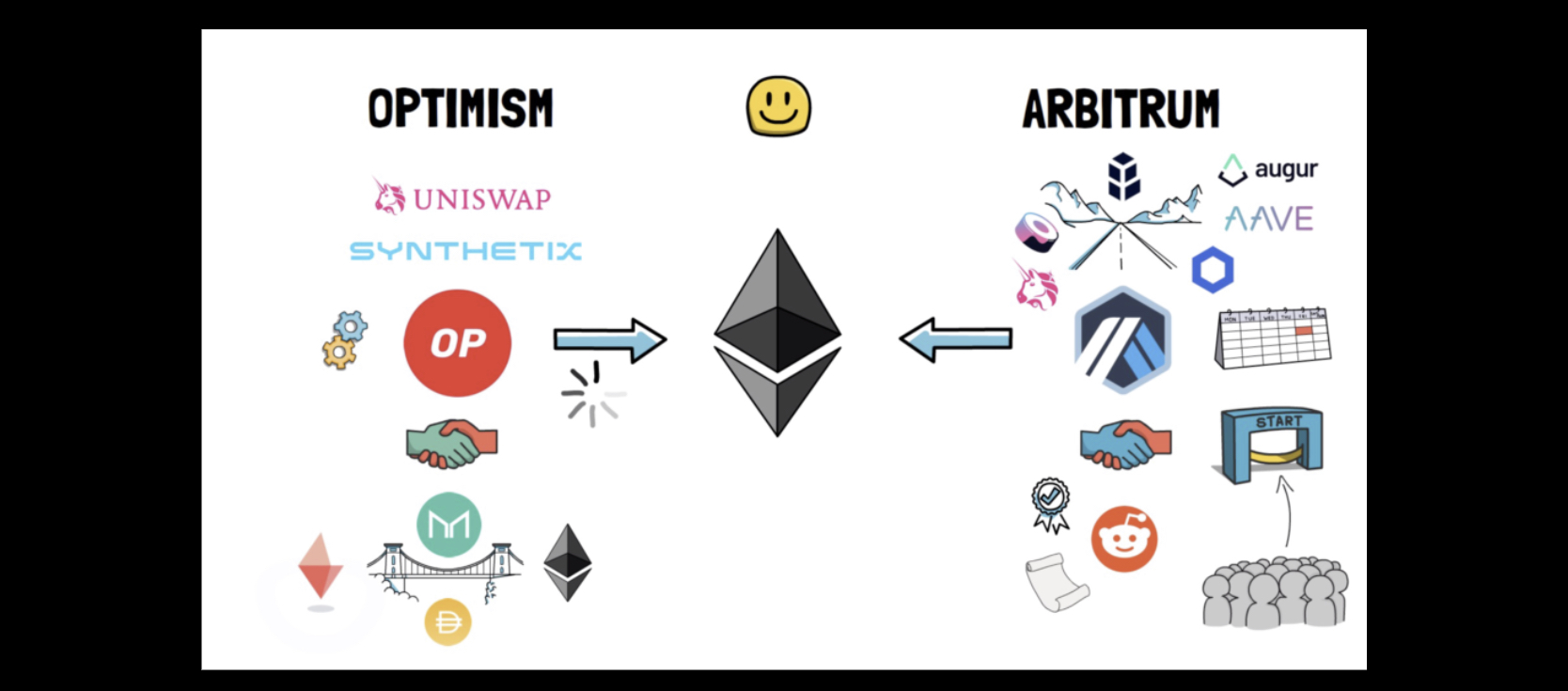Ethereum scaling uses zk Rollups. They conduct many transactions off-chain, reducing network congestion and gas expenses. Zero-knowledge proofs let users verify transactions without disclosing critical information, making zk Rollups secure.
Each zk Rollup kind has pros and cons. This article will discuss about the zk Rollups technology and their differences. If you’re looking to invest, check out some of the most potential ZK rollup coins here.
Optimistic Rollups
The most popular zk Rollup is optimistic. They handle transactions off-chain and transmit a batch to the blockchain. Instead of verifying each transaction, Optimistic Rollups presume all transactions are genuine unless proved otherwise.
The system must identify and reverse the batch if a malicious transaction is included. Dispute settlement takes a week.
Optimistic Rollups are simple and high-throughput. Dispute resolution may be sluggish and expensive, limiting its scalability.
Validium Rollups
Validium Rollups are similar to Optimistic Rollups, but they use a different approach to dispute resolution. Instead of relying on the blockchain to resolve disputes, Validium Rollups use an external validator to verify transactions.
This validator is chosen at random and is incentivized to act honestly. If a dispute arises, the validator is responsible for resolving it. This means that disputes can be resolved quickly and at a lower cost than with Optimistic Rollups.
Validium Rollups are less secure than Optimistic Rollups since they rely on a single validator. However, they are still more secure than other scaling solutions like Plasma or State Channels.
ZK Sync
ZK Sync is a zk Rollup that uses zero-knowledge proofs to validate transactions. This means that all transactions are verified without revealing any sensitive information, which makes the system highly secure.
ZK Sync can process up to 300 transactions per second, which is much faster than the Ethereum network. It also has a fast withdrawal process, which allows users to withdraw their funds from the Rollup within minutes.
However, ZK Sync is limited by the size of the zk Rollup. This means that it can only support a certain number of users and transactions at once. It also requires users to have a small amount of Ethereum in their wallets to pay for gas fees.
Loopring

Loopring is a zk Rollup that focuses on decentralized exchanges (DEXs). It allows for high-speed trading with zero gas fees, which makes it a popular choice among traders.
Loopring uses a hybrid approach to scaling, combining off-chain order books with on-chain settlement. This allows it to process trades quickly and efficiently while still maintaining the security of the blockchain.
However, Loopring is limited by the liquidity of its DEXs. If there is not enough liquidity, the system may not be able to process all trades, which can result in lost opportunities for traders.
Arbitrum

Arbitrum, a zk Rollup, resolves disputes differently. Arbitrum resolves disputes off-chain through a network of validators.
This speeds dispute settlement and lowers gas prices. Arbitrum is one of the quickest scaling systems, processing 4,000 transactions per second.
Arbitrum is currently under development and has not been thoroughly tested. It also needs Ethereum in a smart contract. Arbitrum restricts access by requiring users to deposit Ethereum into a smart contract. Arbitrum exclusively supports Ethereum-based tokens, therefore it may not be suited for users holding tokens on other networks.
StarkWare
StarkWare is a zk Rollup that uses a unique approach to scaling. It uses STARK proofs, which are a type of zero-knowledge proof that is highly efficient and can be verified quickly.
StarkWare can process up to 9,000 transactions per second, which makes it one of the fastest scaling solutions available. It also has a low gas fee, which makes it affordable for users.
However, StarkWare is still in its early stages and has not yet been fully tested. It is also limited by the size of its zk Rollup, which means it may not be suitable for applications that require high scalability.
Conclusion
Each sort of zk Rollup has pros and cons. Optimistic Rollups are fast and simple to deploy, but they take time and money to settle conflicts. Validium Rollups settle conflicts quickly and cheaply but less securely. ZK Sync and Loopring are safe and efficient, but their DEX liquidity and zk Rollup sizes restrict them. Arbitrum and StarkWare are economical and scalable, but they are still under development and may not be suited for all applications.
User requirements will determine zk Rollup selection. Developers and consumers should carefully analyze the pros and downsides of each form of zk Rollup and pick the optimal one.
| Homepage | Click Hear |

